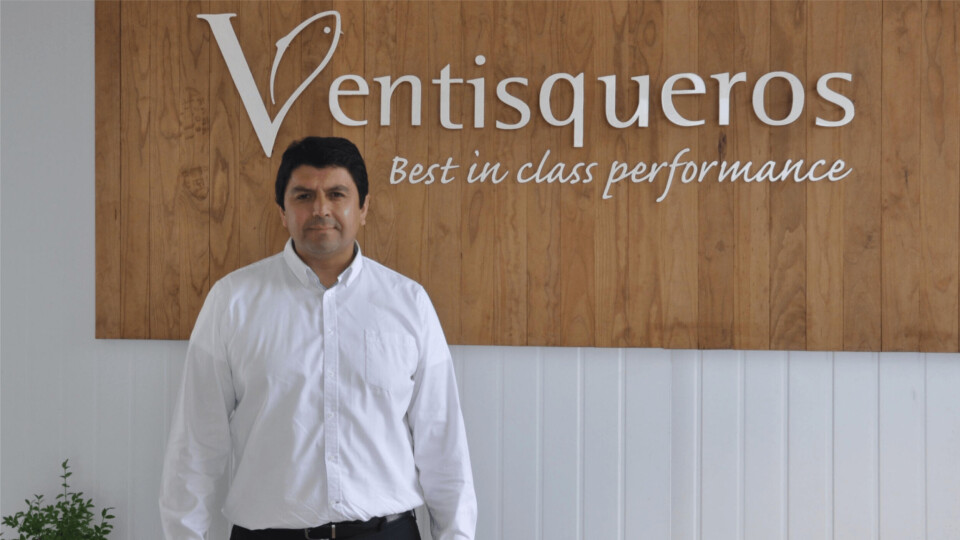
Steel-core nets help salmon farmer cut predator mortalities by 87%
Chile salmon farmer Ventisqueros has reduced the number of fish that die due to attacks by sea lions by 87% since 2017 as a result of measures including stronger nets.
“Previously we used nylon sea lion nets and others made of HDPE, now we have strategic suppliers such as Garware Technical Fibres, whose polyethylene sea lion net with a steel core is much stronger, since it has steel strands inside capable of resisting the intensity of the sea lion attack,” said the fish farmer’s operations and infrastructure manager Sergio Vargas in a press release.
“It has a greater resistance to cuts and stiffness than conventional ones, in addition its flotation coefficient is appropriate, since it descends easily, which is positive for installations.
“We value Garware’s strong R&D development department, who welcome customer observations and requirements, develop responses, and turn them into products; the exclusion of sea lions being one of the most important efforts in the area of nets.”
Correct planning
Ventisqueros - a subsidiary of Germany’s Schörghuber Stiftung & Co. Corporate Group – said the reduction in sea lion-related mortalities was due to correct planning that allowed the use of a strong material, appropriate facilities and timely maintenance.
Francisco Serra, commercial manager for Garware Chile, said that as well as being strong the company’s anti-predator nets also had a lower environmental footprint, generating between a third and a quarter of the carbon emissions of nylon nets.
Ventisqueros produces around 40,000 tonnes of Atlantic and coho salmon, with around 80% of production certified by the Aquaculture Stewardship Council (ASC).
Family-owned Schörghuber has four business divisions: Construction & Real Estate, Beverages (including Paulaner Brewery Group), Hotels and Seafood. The Seafood Division comprises only of Ventisqueros.






















































